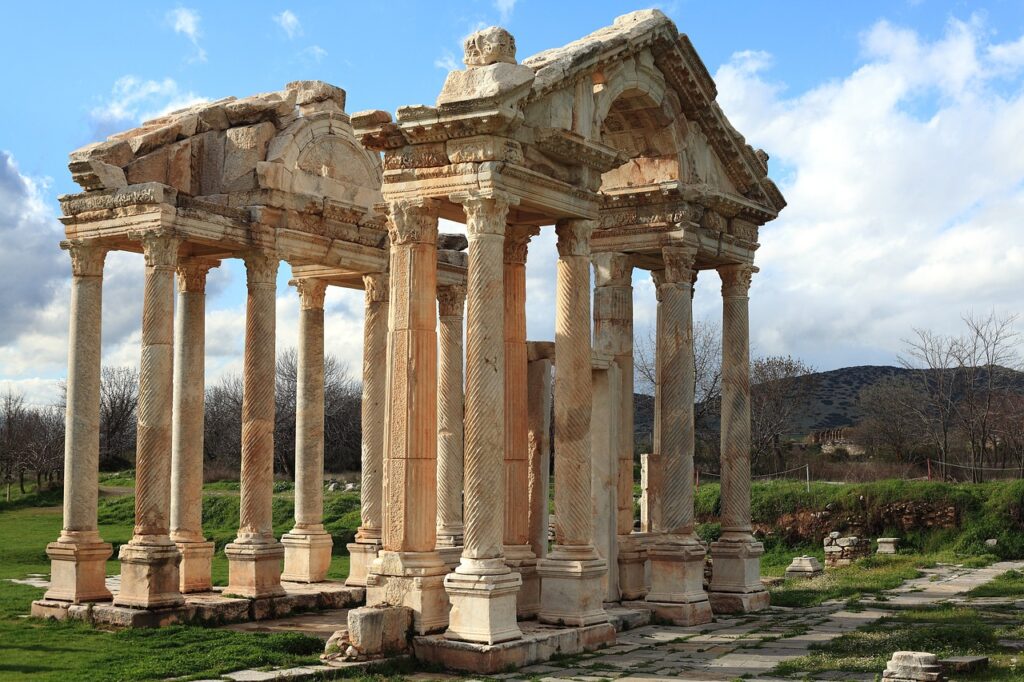Research Summary on the Relationship of Millennials and Heritage Sites

Millennials, born between 1981 and 1996, are known for being the first generation to grow up in a digital world. They have a unique perspective on heritage sites and museums, and engaging them is crucial to ensuring the sustainability of these sites in the long run. To better understand the relationship between millennials and heritage sites, a research was conducted by KÖME. The study aimed to answer four key questions.
First, the study explored the different motivations and needs that millennials have to engage with cultural heritage. Millennials seek authenticity and relatable history, and they are drawn to stories behind places. They prefer personalized experiences and unique activities. Heritage sites can attract millennials by using augmented and virtual reality, being open and flexible, and using digital placemaking.
Second, the research explored the different activities that millennials are involved in, which represent different engagement levels in connection to heritage. Examples of successful initiatives include staying in heritage hotels, providing Wi-Fi and charging stations in heritage sites, and connecting social media activity with a cause. The document also explores how museums can create experiences that connect young adults to one another, such as hosting after-hours events.
Third, the study identified the missing information about millennials that heritage experts could use to develop strategies in their involvement. While millennials are heavily influenced by the internet, transparency, and experiences, traditional advertising still plays a significant role in their purchasing decisions. As a highly conscious consumer group, they tend to support brands that align with their beliefs and values.
Fourth, the research identified the competencies that heritage experts lack to properly communicate and work together with millennials. To work with millennials, heritage experts should possess specific competencies and knowledge, such as learning the special relationship this group has with the concept of heritage, being aware of their socio-psychological background, and using co-creation, participation, and personalization in developing heritage programs.
Finally, the research identified the challenges in engaging millennials. Challenges include concerns that appealing to younger audiences may take resources from older, traditional supporters, balancing traditional museum activity with social and participatory demands from new audiences, and developing engagement strategies that go beyond leveraging the experience economy or digitalization.
In conclusion, engaging millennials in heritage sites and museums is crucial for the sustainability of these sites in the long run. Understanding their motivations, needs, and activities, as well as possessing the competencies and knowledge to work with them, are essential in developing effective engagement strategies. Heritage institutions need to consider their role in addressing current crises and develop engagement strategies that balance the demands of new and traditional audiences.
